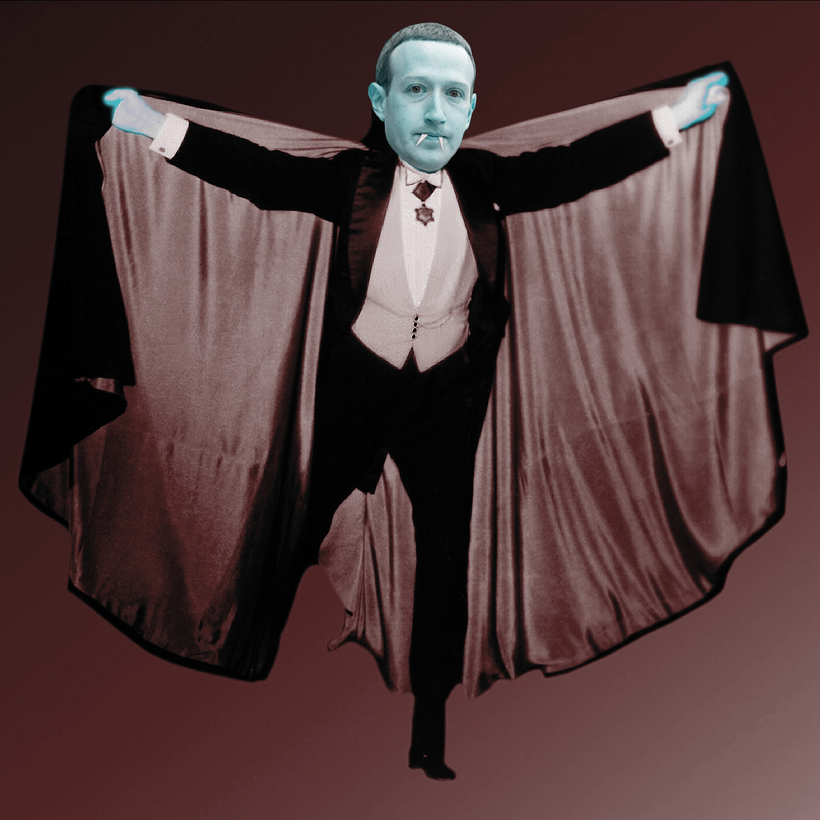If dying, and having to stay dead, is a can you want to kick down the road indefinitely, there are many ways to try to go about it. Cryogenics is fine if you’re a tardigrade, because—if you’re a tardigrade—you can apparently awaken after 24,000 years in the deep freeze without having lost a step. (Not technically a step: these tough little bdelloid rotifers are microscopic creatures, so strolling doesn’t really enter the picture.)
But the odds of coming back to life forever are much longer for non-tardigrades, such as Ted Williams and the other resident members of Alcor, the cryonics facility in Scottsdale, Arizona. Walt Disney, by the way, is not among them—that’s an urban myth; he’s buried at Forest Lawn in Glendale. No, when immortality is your goal, it’s far more sensible simply not to expire in the first place.

That seems to be what some Silicon Valley billionaires have in mind. Jeff Bezos, late of Amazon, marital harmony, and outer space, is reportedly an investor in the new “biological reprogramming” company Altos Labs, as is the Russian-Israeli billionaire entrepreneur Yuri Milner. Altos wants to use technology “to rejuvenate cells in the lab that some scientists think could be extended to revitalize entire animal bodies, ultimately prolonging human life,” wrote Antonio Regalado in MIT Technology Review. “The new company … will establish several institutes in places including the Bay Area, San Diego, Cambridge, UK and Japan, and is recruiting a large cadre of university scientists with lavish salaries and the promise that they can pursue unfettered blue-sky research on how cells age and how to reverse that process.”
Bezos, along with Peter Thiel, the co-founder of PayPal, had earlier contributed $116 million to the start-up Unity Biotechnology. (“At UNITY we are developing therapeutics to slow, halt, or reverse diseases of aging.”) Eight years ago, Google’s Larry Page got behind Calico, which wants “to better understand the biology that controls aging and lifespan [and] use the knowledge we gain to discover and develop interventions that enable people to live longer and healthier lives.” More recently, Mark Zuckerberg and his wife, Priscilla Chan, committed $600 million over 10 years to finance the Chan Zuckerberg Biohub, “an independent nonprofit research center,” whose Web site wonders, “Is it possible to cure, prevent, or manage all diseases by the end of this century?” Well, is it? “We think so.”

Much of all this investment in living forever is made in lieu of paying taxes—the taxes us mere actuarial-table-bound mortals must live with. The practically blank checks are presented as philanthropic, intended to help produce beneficial advancements for the entire human race—not just the wealthy-beyond-comprehension individual doing the underwriting. And, sure, imagine if they resulted in discoveries that could treat or eliminate Alzheimer’s, for instance. But it’s hard to ignore the fact that Bezos is 57, Milner 59, Page 48, and Thiel 53 (Zuckerberg and Chan are only 37 and 36, respectively, but they’re clearly precocious)—right around the age when a once young gazillionaire’s fancy turns to thoughts of mortality. Or—here’s a more agreeable angle—immortality. Hey, maybe my money can buy that, too!
The new undead novices have plenty of forerunners, both in fiction (from Gilgamesh to Dorian Gray) and fact (Keith Richards). And, until you actually stop to think about it, the idea of living forever is … intriguing. But then the reality sinks in: an eternity of humid Augusts, Chinese marketing calls, and traffic on the B.Q.E. The cumulative jury-duty obligations alone give one pause. Life is wonderful; we don’t want it all to end, but maybe, really, we do. Or should.
So, while news that researchers have achieved a “30% lifetime extension” in mice by “genetically downregulating mTOR,” a potentially therapeutic protein, might be cause for celebration—especially among the mice—it probably won’t matter in the long run, even if that run gradually gets longer and longer. In the end, and there will be one, we’re all Wile E. Coyote, and somewhere there’s an anvil falling just for us.
George Kalogerakis is a Writer at Large for Air Mail


